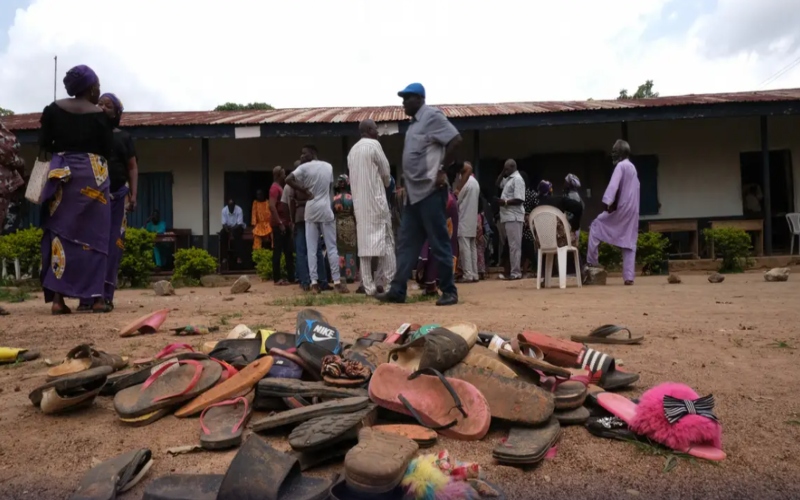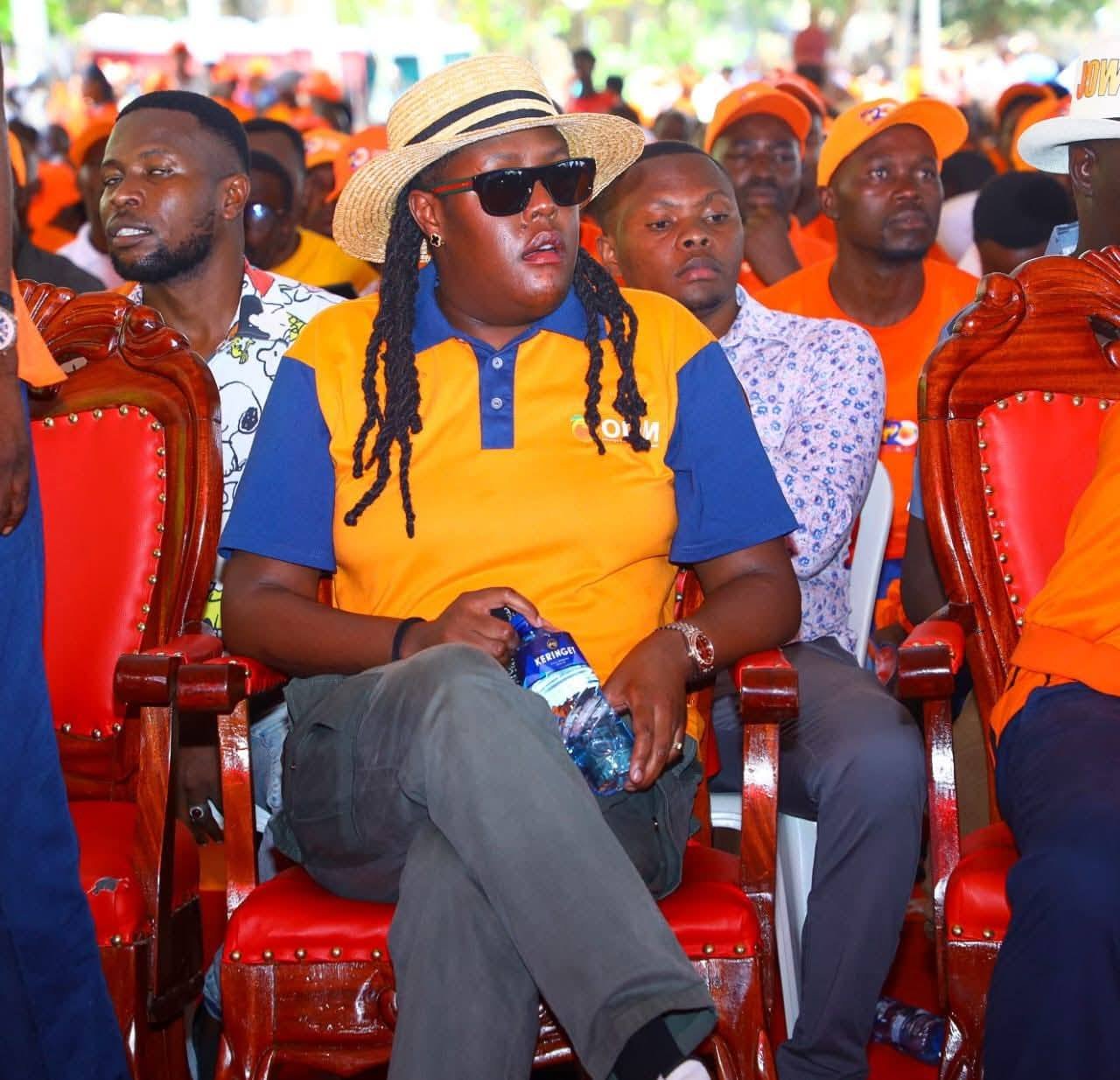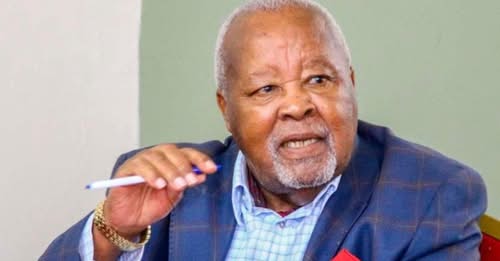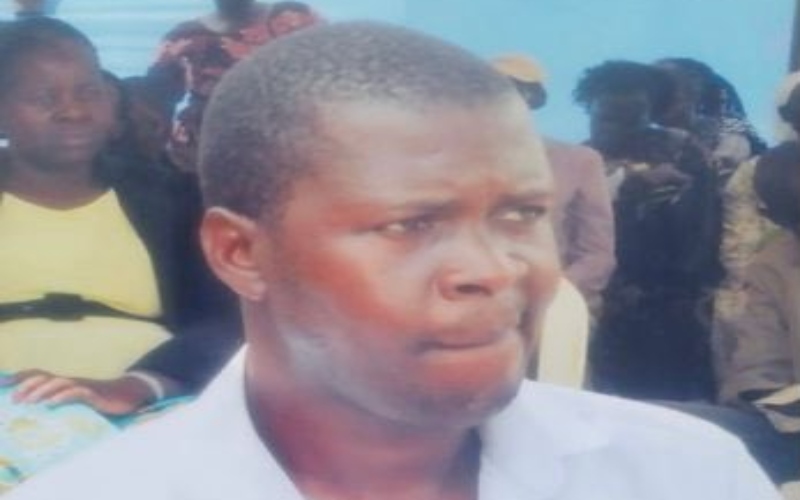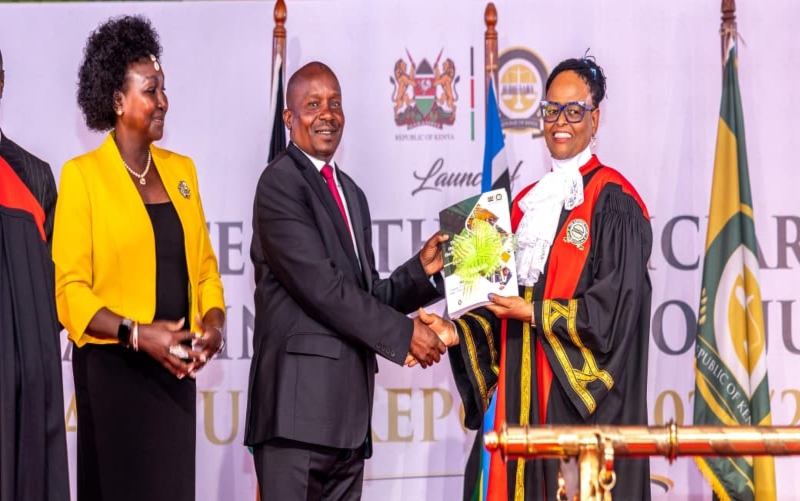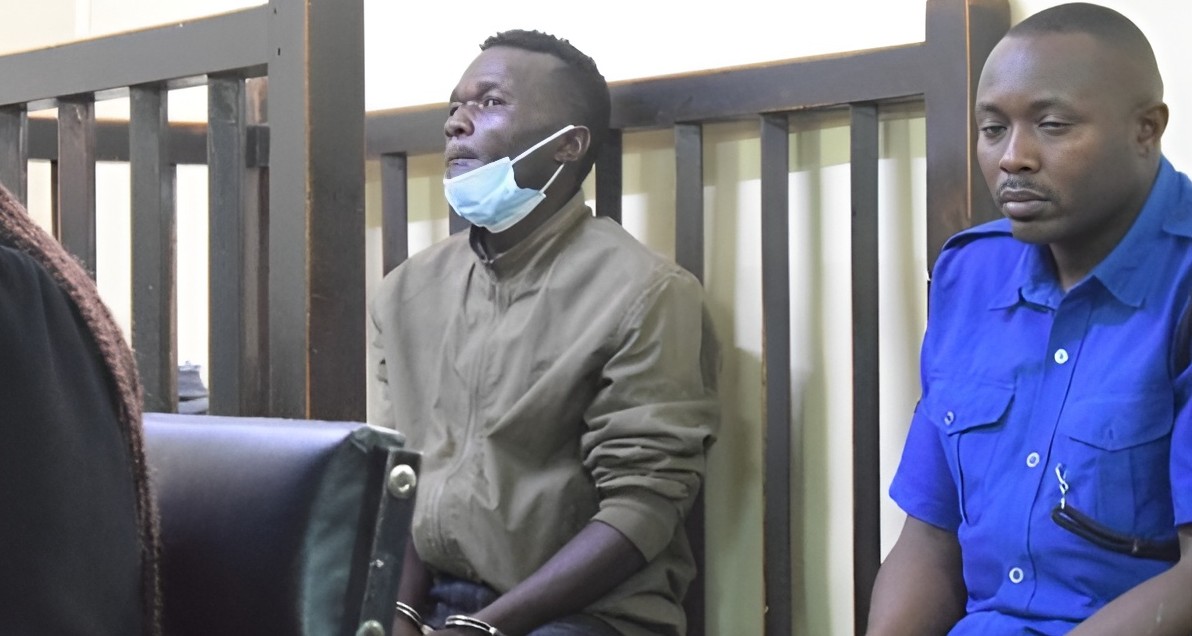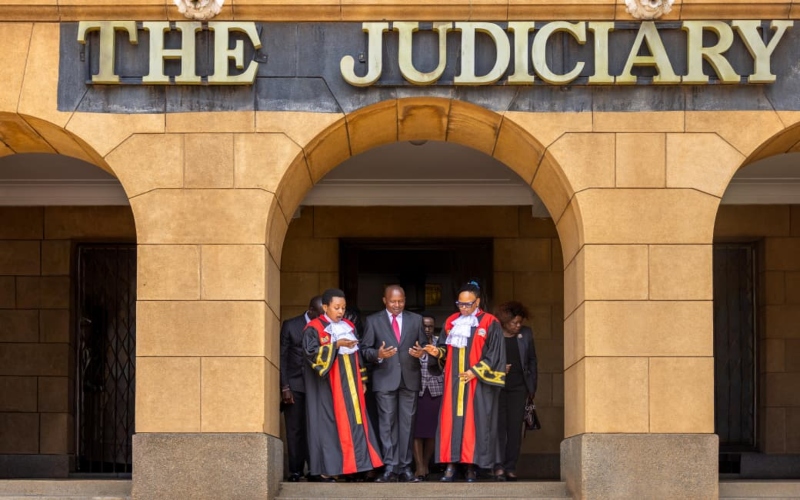The next steps in Gachagua's impeachment process: What does the law say?
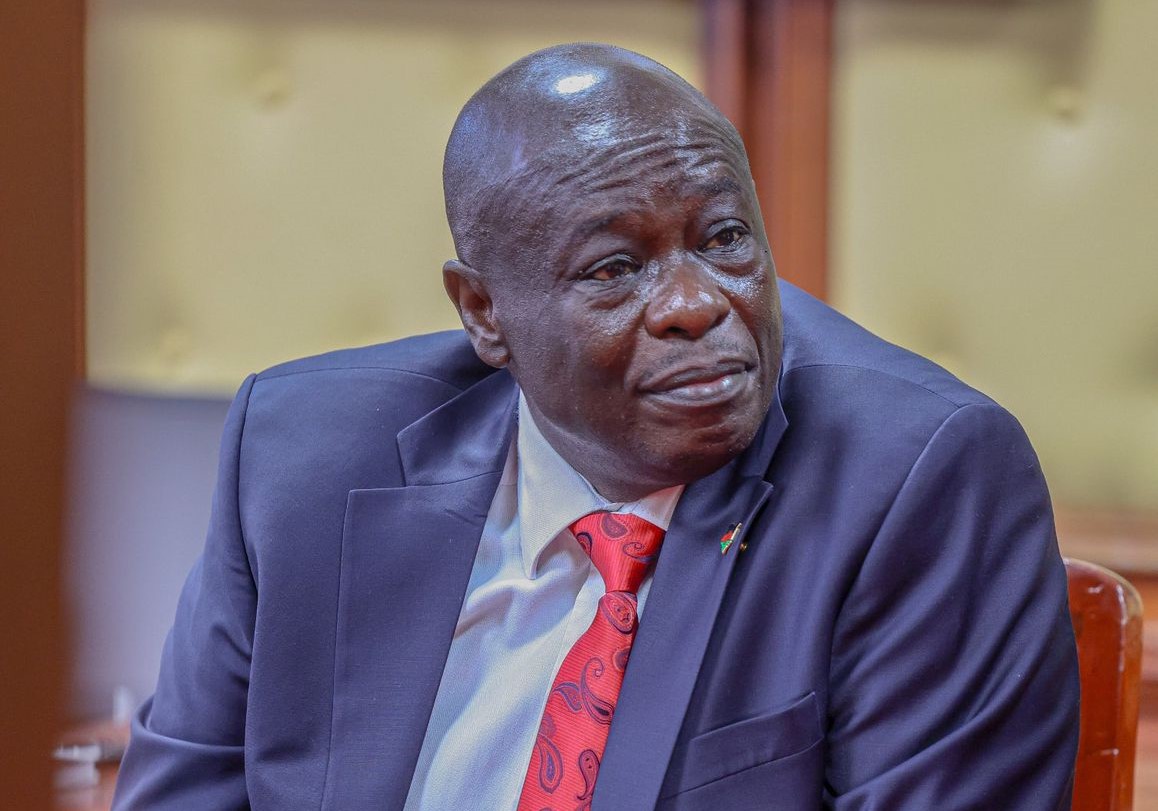
Each charge will be voted on individually, and if at least two-thirds of the Senate members vote to uphold any charge, the Deputy President will be removed from office.
History was made on Tuesday evening when Rigathi Gachagua became the first Deputy President to be impeached by the National Assembly.
At least 281 Members of Parliament voted to impeach the embattled Deputy President after an impeachment motion was tabled against him.
More To Read
- Petitioner seeks recusal of judges in Gachagua's impeachment case over alleged bias
- Gachagua declares 2027 presidential bid, dismisses impeachment concerns
- Gachagua declines to provide details on alleged Ruto-Al-Shabaab meetings, insists matter is under US investigation
- Gachagua reveals ministries, reforms he negotiated with Ruto for 2022 votes
- Police ready to handle potential unrest as Gachagua returns from US, Murkomen assures
- Gachagua petitions Supreme Court to block National Assembly's bid on Mwilu ruling
Speaker of the National Assembly Moses Wetang'ula called the vote after only 44 of the required 117 MPs voted to save the DP.
What next now?
Articles 144 and 145 of the Kenyan Constitution explain what happens after the National Assembly votes to impeach the Deputy President.
The Speaker of the National Assembly is expected to convey the resolution to impeach the Deputy President to the Senate within two days.
Within 7 days of receiving the notice, the Speaker of the Senate shall convene a meeting of the Senate to hear the charges against the Deputy President.
In this case, the Senate shall act as a court of law adjudicating the matter of impeachment with the National Assembly as the prosecutors.
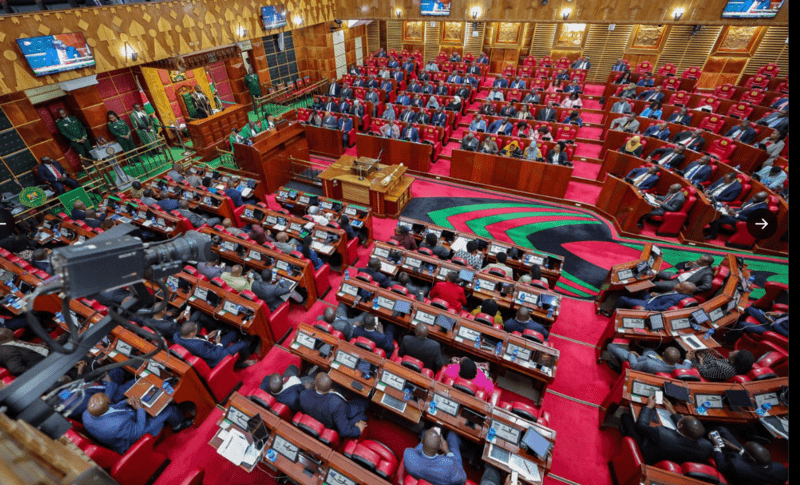 Members of Parliament debate the special impeachment motion against Deputy President Rigathi Gachagua. (Photo: X/National Assembly)
Members of Parliament debate the special impeachment motion against Deputy President Rigathi Gachagua. (Photo: X/National Assembly)
It is worth noting that the hearing may be in plenary or the Senate may appoint a special Committee of 11 Senators to investigate the matter.
The Deputy President will face the whole house and defend himself for the plenary.
House Trial
The other option is for the trial to be conducted by an 11-member special committee of the Senate.
The committee has seven days within which to report to the House.
"The special committee shall investigate the matter and report to the Senate within 10 days whether it finds the particulars of the allegations against the deputy president to have been substantiated," Article 145 (4) of the Constitution says.
In the trial, the DP shall have the right to appear before the special committee and to have counsel.
"If the special committee reports that the particulars of any allegation against the deputy president have been substantiated, the Senate shall, after giving the deputy president an opportunity to be heard, vote on the impeachment charges," the law states.
The Special Committee may hear representation from the MP who moved the motion in the National Assembly and other lawmakers of the National Assembly.
Each charge will be voted on individually, and if at least two-thirds of the Senate members vote to uphold any charge, the Deputy President will be removed from office.
If the allegations are unsubstantiated, the Deputy President will continue to serve in office.
Top Stories Today







